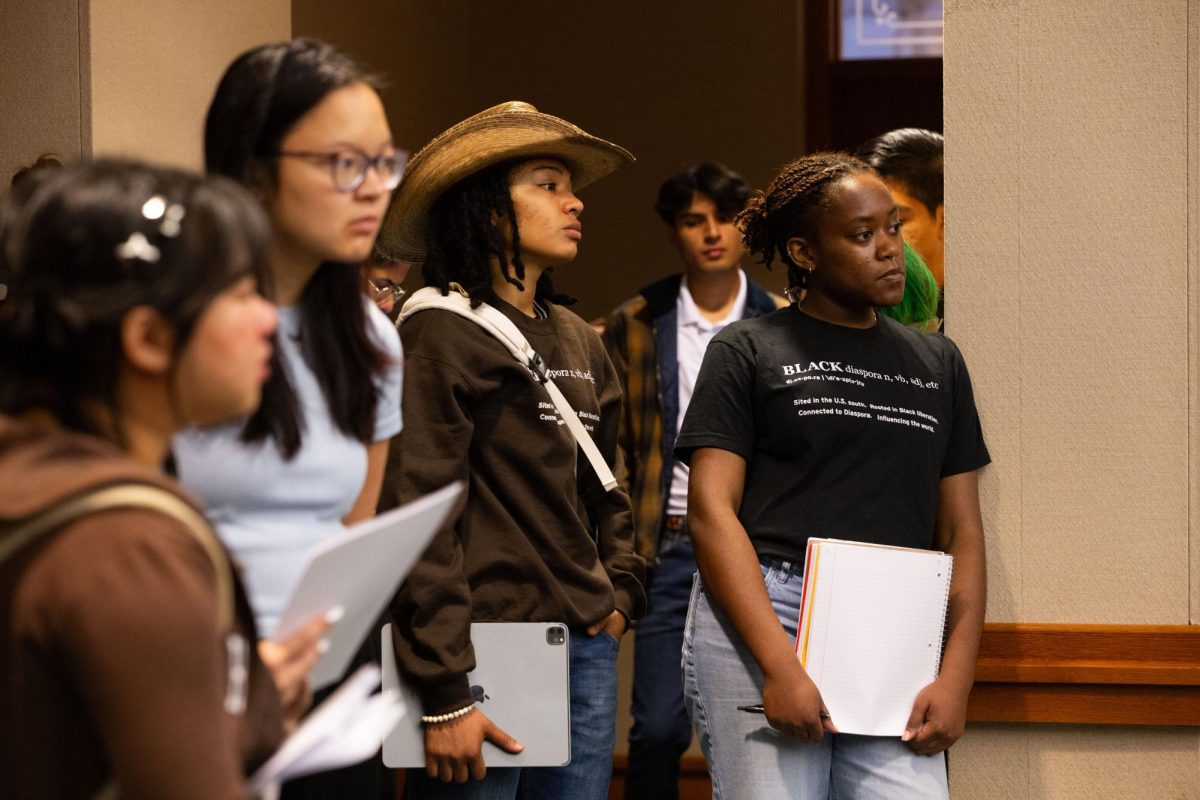Texas Attorney General Ken Paxton filed a complaint against the city of Austin on Sept. 26 over its Reproductive Health Grant that supports those seeking out-of-state abortions.
During the 2024-2025 budget session, Austin City Council approved allocating $400,000 of funding towards reproductive expenses. These funds allow the grant to be spent on logistical support, such as funding travel and lodging, for residents traveling out-of-state for healthcare.
Texas’ abortion “trigger law” went into effect in 2022, outlawing abortion after six weeks except in cases to save the pregnant person’s life. Paxton said the city’s funding of out-of-state abortion does not serve a “legitimate public purpose” and therefore violates the Texas Constitution’s Gift Clause, which allows the transfer of public funds to private institutions for “public benefit.”
“Paxton is seeking a temporary restraining order to halt any distribution of funds while the litigation proceeds,” the Attorney General’s office wrote in a press release. “He further asked the court to grant temporary and permanent injunctions prohibiting Austin from unlawfully spending taxpayer money on ‘logistical support’ for abortions.”
A city spokesperson said in an emailed statement that they have successfully litigated the abortion fund issue in the past, citing a 2019 lawsuit, and will respond through the appropriate legal channels.
This marks the second lawsuit filed against the Reproductive Justice Grant since its expansion. Former Council Member Don Zimmerman filed a suit in August seeking to pause the grant’s fund distribution under Article 4512.2 of Texas’ Revised Civil Statutes, which prohibits providing means for obtaining abortions in Texas.
In response to Zimmerman’s lawsuit council member Vanessa Fuentes, who proposed the amendment that expanded the grant’s funding, said the city plans to move forward with the fund despite litigation. The Zimmerman lawsuit is ongoing.
“Reproductive care is essential healthcare, and (Paxton’s) actions only further undermine local efforts to uphold bodily freedom,” Fuentes said in a statement. “It’s disappointing, but in no way surprising.”




















